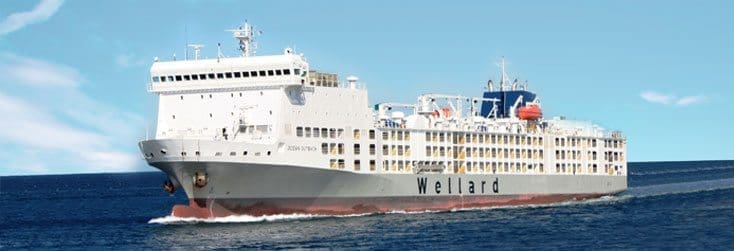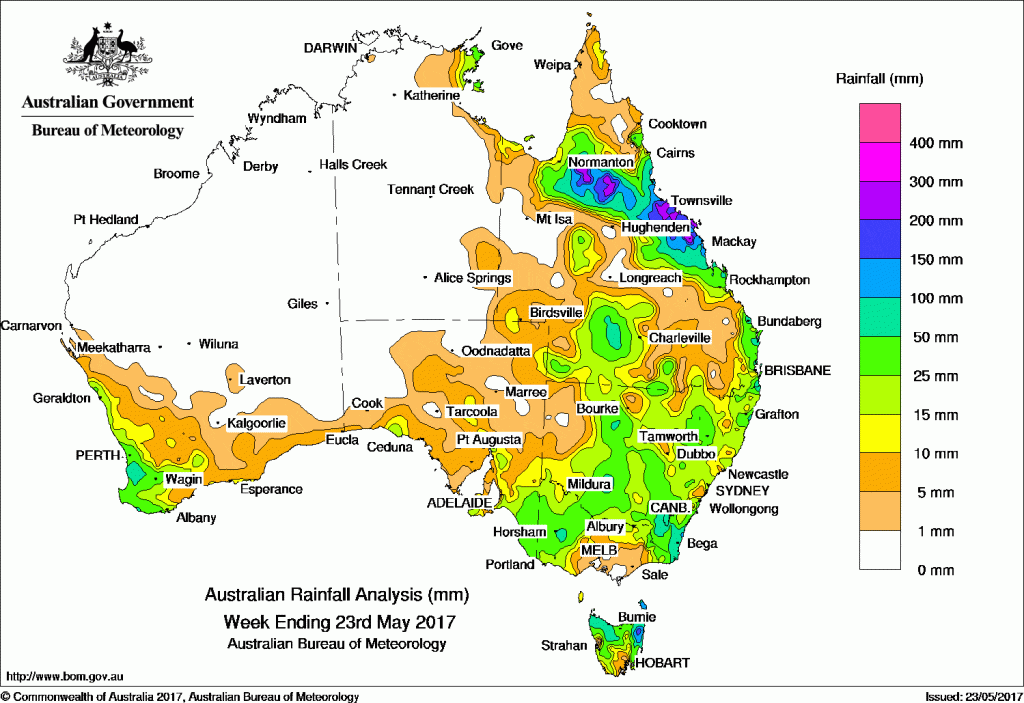A large cattle export order to Indonesia was cancelled last week in a sign that importers facing difficult trading conditions are pushing back against high Australian cattle export prices.
Wellard Rural Exports recently issued an order seeking to source up to 16,000 feeder cattle for export from Townsville and Darwin to Indonesia in late June.
However, a spokesman has confirmed to Beef Central that the company has since cancelled the order, because the price offered – believed to be up to 315c/kg for feeder steers delivered to Charters Towers and 335c/kg in Darwin – was not high enough to attract enough cattle forward.
It is a big turnaround from where the market was just a few years ago when northern paddocks were ravaged by drought, cattle were in oversupply, and shipping orders priced at less than 200c/kg were being filled within hours of being issued.
After the initial price of the recent Wellard order failed to attract enough cattle, it is understood that Indonesian feedlot customers informed the exporter they could pay no more in the current tight trading environment, so the order was cancelled before any cattle were formally contracted.
A flood of cheaper imported Indian beef introduced into Indonesia in the past year, and pressure from the Indonesian Government to sell their lot fed cattle at prices low enough to keep beef affordable for Indonesian consumers, is compounding the financial pressure on Indonesian importers.
Other factors beyond the price offered alone are likely to have contributed to the difficulty of contracting cattle for such a large order.
It’s possible that the timing of this order so close to the end of the financial year was a potential deterrent to producers selling now. Strong cattle prices over the past year mean many producers will be facing big tax bills this financial year, which may be fuelling their reluctance to sell more cattle until after July 1.
Herd numbers are well down after successive years of drought and the long period of low returns that preceded the improvement in prices that has occurred since late 2015.
Townsville stock agent Tim McHugh, Hogan and McHugh, estimated to Beef Central that, on average, herd numbers on most properties across North Queensland would have dropped by 50 percent during the recent drought years.
However, some big falls delivered across northern Queensland by a tropical low in mid May (shown above), dumping in the vicinity of 100mm-300mm, have also reduced the seasonal pressure many producers would normally be under to sell at this time of year.
Charters Towers stock agent Troy Trevor from Queensland Rural said numbers of lighter cattle suitable for export to Indonesia were well down this year compared to previous years.
The better season meant many producers now had the option to sell when they wanted to, not because they had to.
“A good season and reasonably good cattle prices have taken a fair bit of pressure off everybody, whereas in the last three to four years they have probably been forced to sell due to drought and to pay a few bills.
“Now that cattle prices are up, everything is pretty good, they are not pressured to sell the numbers and they are selling them when they want to, now when they have to.”
Mr Trevor said there had been enough cattle coming forward to supply the smaller 3000 to 4000 head ships that have left Townsville every 7 to 10 days or so in recent months, but there were not the big numbers available at present to fill larger orders.
However, as the season starts to run out later in winter, more numbers would be expected to start coming forward then.
Meanwhile, there are growing signs that Indonesia may be about to take another step towards diversifying its beef import sources, with the Indonesian Department of Agriculture recently announcing that 30,000 head of feeder cattle will be imported from Mexico.
As Dr Ross Ainsworth reported in his most recent South East Asia report on Beef Central last week, the timing of the first shipment has not been confirmed as there are still some issues to resolve in terms of the cost of transporting cattle on the 25 day journey across the Pacific.





HAVE YOUR SAY